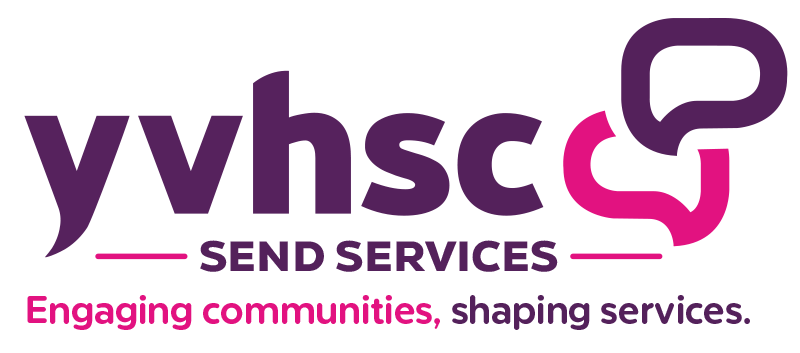Supported internships
The National Disability Strategy sets out the actions the government will take to improve the everyday lives of all disabled people. We want all children and young people, no matter what their special educational needs or disability (SEND), to be able to reach their full potential and receive the right support to succeed in their education and as they move into adult life.
With the right preparation, the overwhelming majority of young people with SEND are capable of sustainable paid employment. All professionals working with them should share that presumption and provide the career advice and support that help young people to develop the skills and experience that they need to succeed in their careers. However, evidence in post-16 education and labour market activities, pathways and outcomes shows that pupils with SEND are less likely to be in sustained employment 15 years after key stage 4 than their peers.
Supported internships are a great opportunity to improve the life chances of young people with SEND by supporting them into sustained, paid employment. Achieving paid employment not only brings young people financial independence, but it can be key to:
building confidence and self-esteem
increasing health and well-being
gaining friendships and a social life
There are also benefits for the economy, employers, families, the local community and wider society.
What’s involved
Supported internships are a structured, work-based study programme for 16 to 24-year-olds with SEND, who have an education, health and care (EHC) plan. The core aim of a supported internship study programme is a substantial work placement, facilitated by the support of an expert job coach.
Supported interns are enrolled and supported by a learning provider, for example, a school or college, but spend most of their learning time - typically around 70% - in a workplace.
The internships provide the opportunity for young people to achieve sustained, paid employment by equipping them with the skills they need for work, through learning in the workplace.
Supported interns are in full-time education and their supported internship work placements are part of their course. There is no legal requirement or expectation that the supported intern will be paid. Supported internships are exempt from the National Minimum Wage regulation.
Supported internships last for a minimum of 6 months, and up to a year.
The supported internship should contribute to the long-term career goals of the young person and match their capabilities. Alongside their time with the employer, supported interns complete a personalised study programme delivered by the school or college, which includes the chance to study for relevant qualifications, if appropriate, and English and maths at an appropriate level.
Every young person is supported in the work placement by a trained job coach, put in place by their education provider. The job coach provides in-work support that tapers off, if appropriate, as the supported intern becomes familiar with their role. Job coaches also work with employers, increasing their confidence in employing individuals with additional needs and helping them to create and support a diverse workforce.
Aims of a supported internship
The aim of supported internships is to support young people with EHC plans to gain paid employment by:
supporting them to develop the skills valued by employers
enabling them to demonstrate their value in the workplace
developing confidence in their own abilities to perform successfully at work.
The measure of success of a supported internship is a transition to sustained and paid employment.
Difference between a supported internship and a traineeship or apprenticeship
Supported internships and traineeships are work-based study programmes that aim to support young people into employment. Apprenticeships are paid jobs that include off-the-job training.
Supported internships are specifically for young people with an EHC plan, and as such, they are expected to require a different level of support compared to a trainee or apprentice. They will have a job coach to support them in their workplace learning.
Supported interns are expected to need a longer programme than a trainee. Traineeships usually last between 6 weeks and 6 months with the aim of progressing people to an apprenticeship or employment as quickly as possible. Supported internships last for at least 6 months, and up to a year.
Benefits of offering supported internships
Offering supported internships to young people with EHC plans, can help learning providers to:
offer a positive progression route to employment from their existing provision in order to support young people with SEND into paid, sustainable work
evidence that their provision is personalised and outcome-focused, in line with Ofsted expectations
demonstrate their responsiveness to the full range of learners in the local community
address the issue of ‘learner churn’ or ‘revolving door syndrome’, where learners complete one programme and re-enrol on another programme at the same level, rather than achieving positive progression
show their commitment to equality and diversity
The Children and Families Act 2014 required local authorities to work in co-production with children and young people with SEND and their parents and carers to develop a Local Offer of the services they expect to be available. This means that local authorities must find out what children, young people and parents want from the Local Offer. The Local Offer sets out the range of services available and supported internships are expected to be a key part of this.
Easy Read information about supported internships:
For a list of supported internships available in West London please see below:
https://wla.london/wp-content/uploads/2023/02/EC9986-WLA-interns-2023-final-online.pdf
